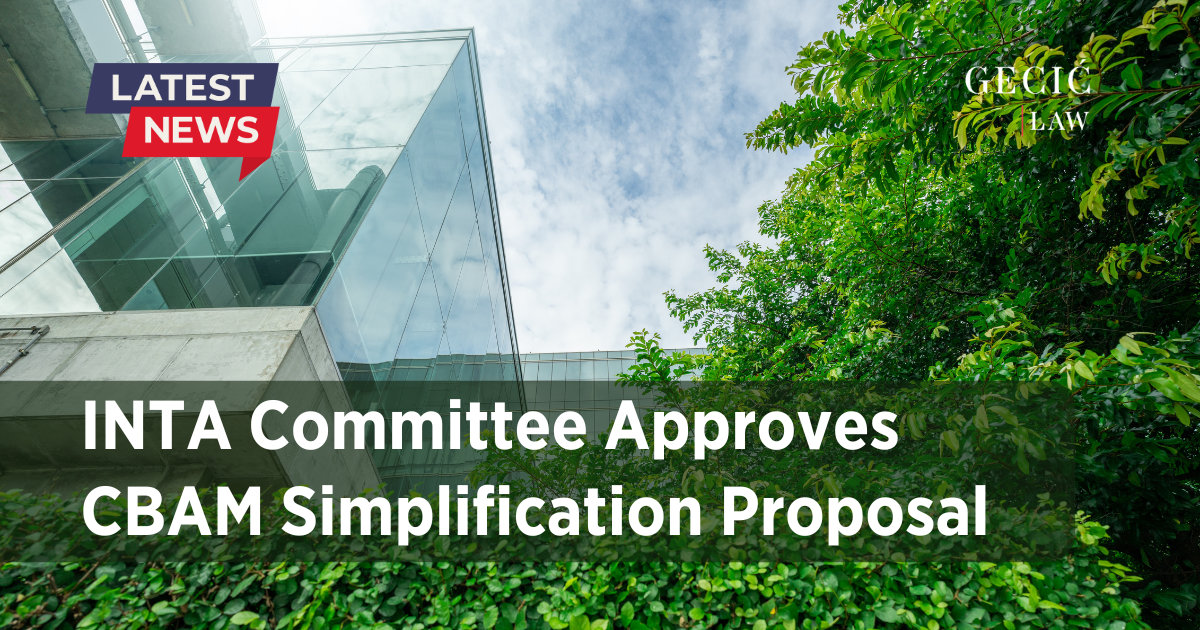

The European Parliament’s Committee on International Trade (INTA) gave backing to the European Commission’s plan to simplify the Carbon Border Adjustment Mechanism (CBAM), as part of the Omnibus I legislative package. The vote took place during an extraordinary session on April 23, 2025. A significant majority of MEPs supported the proposal and rejected proposed amendments.
INTA endorsed a set of changes designed to ease the administrative burden of CBAM. These simplifications aim to help businesses comply while preserving the system’s environmental goals.
Key proposed changes include:
Exemption for Small Importers
Importers handling less than 50 tonnes of CBAM-covered goods per year will no longer need to report emissions. This change excludes around 90% of companies from CBAM rules but still covers over 99% of embedded carbon emissions.
Simplified Compliance for Larger Importers
For companies above the 50-tonne threshold, reporting rules will become easier. The process to authorize declarants will simplify. Emissions calculation methods will become more straightforward. Companies will also get help managing financial liabilities under CBAM.
Stronger Anti-Circumvention Measures
The new rules will also block attempts to bypass CBAM. These include rerouting goods or altering product classifications.
These changes aim to strike a balance between environmental ambition and economic practicality. By reducing red tape, the EU also seeks to support small and medium-sized businesses without compromising on climate goals. The streamlined rules will make it easier for companies to comply while maintaining strong safeguards against carbon leakage. Exporters to the EU will benefit from clearer rules and reduced compliance costs, making it easier to access the EU market while aligning with climate standards.
The European Parliament will likely vote on the full proposal in May. If adopted, the changes will take effect ahead of CBAM’s full rollout in 2026.
To access a PDF version of the CBAM simplification proposal, please click here.